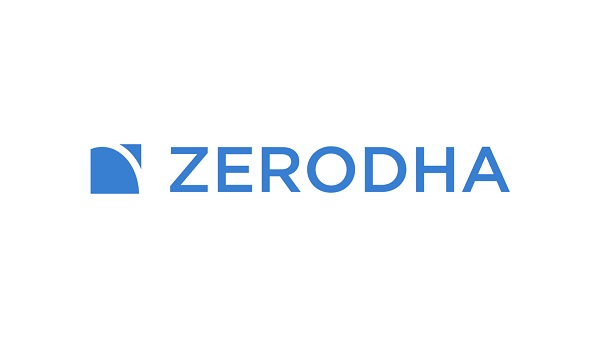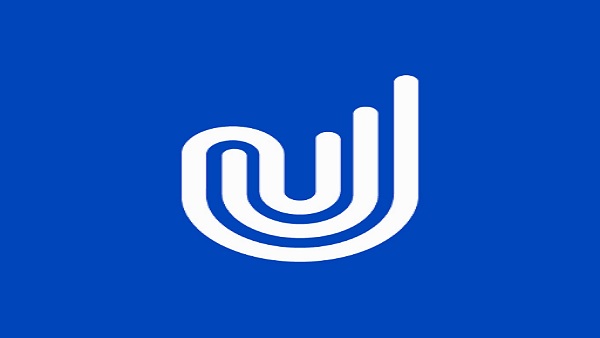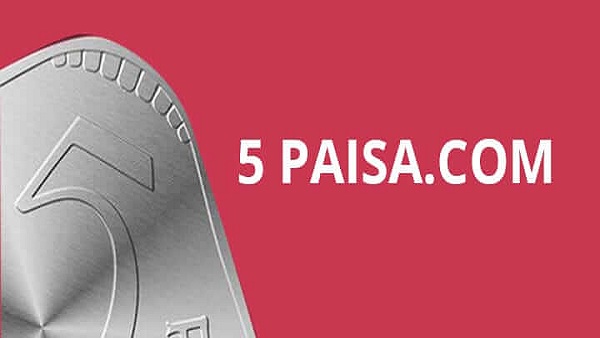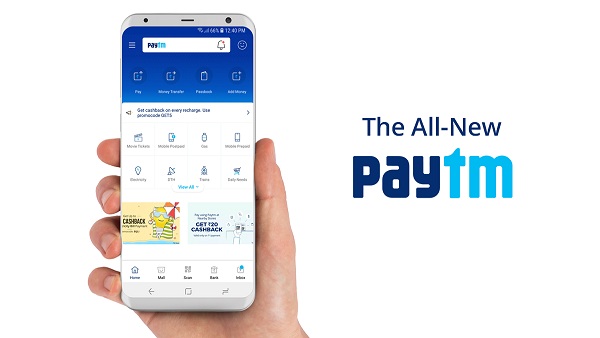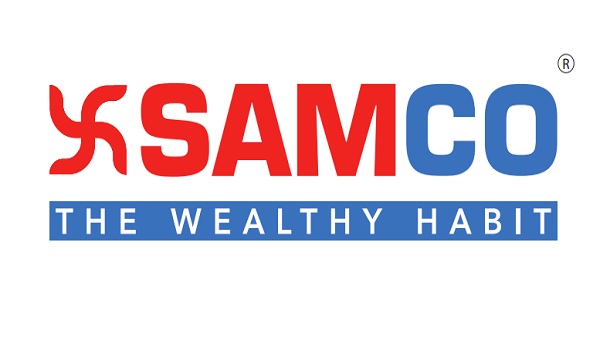What is a Demat Account?
A Demat account is identical to a bank account in terms of functionality. A bank account holder keeps money in the account, and entries in the passbook are made accordingly. Instead of money, securities are maintained in electronic form in a Demat account, from which credit and debit of securities can be made. Stocks, mutual funds, bonds, exchange-traded funds (ETFs), and other dematerialized securities can be held in a Demat account.
All transactions must include the Demat account number in order for trades to be settled electronically. An internet password and a transaction password are required to access the dematerialized account. Then you can start transferring or buying securities. Once transactions are validated and completed, automatic purchases and sales of securities are done on the dematerialized account.
As a result, when you make a stock purchase order, the shares are credited to your Demat account. Similarly, when you opt to sell your shares, your Demat account is debited.
Who is a discount broker?
A discount broker is a stockbroker who charges lower commissions on buy and sell orders than a full-service broker. In contrast to a full-service broker, a discount broker may not provide investment advice or perform analysis on behalf of a customer.
For trading in stocks, commodities, and currency derivatives, discount brokers provide low brokerage, high speed, and a quick interface. When compared to traditional Indian brokers such as HDFC Securities, ICICI Direct, SBI Cap, and others, the brokerage fees charged by these discount brokers are far lower.
A discount broker’s business model is also rather straightforward. They charge a fixed brokerage rate for all trades made by their clients, regardless of the size of the deals. This charge normally ranges between Rs 10 and Rs 20 for each trade.
The following is an accurate list of the top discount brokers in India in 2021, ranked by the number of active clients. Zerodha is the best stock broker out of all of them. Zerodha is followed by discount brokers like 5paisa, Upstox, and Samco.
Zerodha
This is one of the greatest places in India to open a Demat account with the cheapest brokerage. Zerodha was the largest retail stockbroker in India by active client base as of December 2020, accounting for upwards of 15% of daily retail volumes across Indian stock exchanges.
They are members of the NSE, BSE, MCX, and MCX-SX exchanges. It has quickly risen to become India’s largest discount broker, with daily trading volumes exceeding $2 billion on Indian stock exchanges. Best Demat account provider in India, with over 400,000 clients and a wide range of financial products, as well as the best Demat account for small investors.
Zerodha joined the unicorn club in June 2020, with a self-assessed valuation of around $1 billion. This estimate was based on the company’s ESOP repurchase program, which valued each share at more than four times its book value of Rs 700 a share.
Upstox
Upstox is another excellent option for establishing the best Demat account in India in 2021. Upstox is a discount broker established in Mumbai that is backed by some of the industry’s biggest names, including Ratan Tata. Upstox offers excellent charts and tools, as well as affordable brokerage fees. Upstox is a rapidly expanding discount broker backed by several notable investors, including Kalaari Capital, Ratan Tata, GVK Davix, and others. RKSV is another name for it. Upstox began as RKSV in 2012 and changed its name to Upstox in 2015. Upstox, behind Zerodha, has the second-highest number of active clients on the NSE as of January 2021.
Groww
Groww is a web-based financial platform that allows users to buy mutual funds and equities. The company, which is headquartered in Bangalore, Karnataka, has raised over $140 million and is valued at $1 billion as of April 2021. The firm entered the stockbroking business in 2020. Direct investments in mutual funds, stocks, initial public offerings, digital gold, and exchange-traded funds are now available on the platform. Four Flipkart employees – Lalit Keshre, Harsh Jain, Ishan Bansal, and Neeraj Singh – left their jobs in 2016 to launch a business that would make investing simple.
5Paisa
In India, 5Paisa is a good Demat account broker. It has a simple fee structure. The discount broker is also available as a mobile app, with a very user-friendly layout. 5Paisa is a subsidiary of IIFL (India Infoline) and provides India’s cheapest stock brokerage. IIFL created 5Paisa to compete with the fast-growing discount broking market by providing a reduced brokerage platform for its clients. Apart from being one of the cheapest brokerage platforms, 5Paisa offers the benefit of no account opening fees and the ability to open a Demat account in only one day.
Paytm Money
The SEBI granted Paytm permission to enter the inexpensive stockbroking industry in 2019. In the recent past, Paytm has attempted to market itself as a one-stop portal for anything money-related. Following demonetization, the online payments platform expanded to include banking services, mutual funds, SIPs, and pension plans. Paytm’s intentions to enter the stockbroking business couldn’t have come at a better time. In the months of April and May, NDSL and CDSL respectively added 2 lakh and 12 lakh new Demat accounts.
SAMCO
SAMCO, which was founded in 2015, is another low-cost discount broker in India. SAMCO, on the other hand, distinguishes itself from other discount brokers by providing its clients with more trading leverage. Customers can acquire up to 4x delivery leverage in cash markets, up to 80x leverage in the Nifty, 33x leverage inequities, and 60x leverage in commodities. Jimeet Modi, the company’s founder, and current CEO started the company. Samruddhi Stock Brokers Limited was acquired and renamed Samco Securities.
SAS online
South Asian Stocks Limited (SAS Online), a member of the NSE, BSE, MCX, NCDEX, and NSDL, is an online discount brokerage firm in Indian financial markets that offers brokerage services for stocks, futures, and options, currency, and commodities. It provides services including trading, Demat, and mutual funds.SAS Online offers four distinct trading plans to fit your needs.
Wisdom Capital
Wisdom Capital, founded in 2013, is an online discount brokerage firm that offers services in stocks, futures, and options on the NSE and BSE, as well as commodity trading on the MCX and NCDEX. It also has a FREEDOM plan with no brokerage, which draws a lot of clients. Customers can choose from three distinct brokerage plans at Wisdom Capital: Freedom, Pro, and Ultimate. Customers can select the one that best matches their needs.
These are some of the most well-known discount brokers who provide excellent service. Charges and fees, on the other hand, vary based on the sort of account you open and your trading habits.






